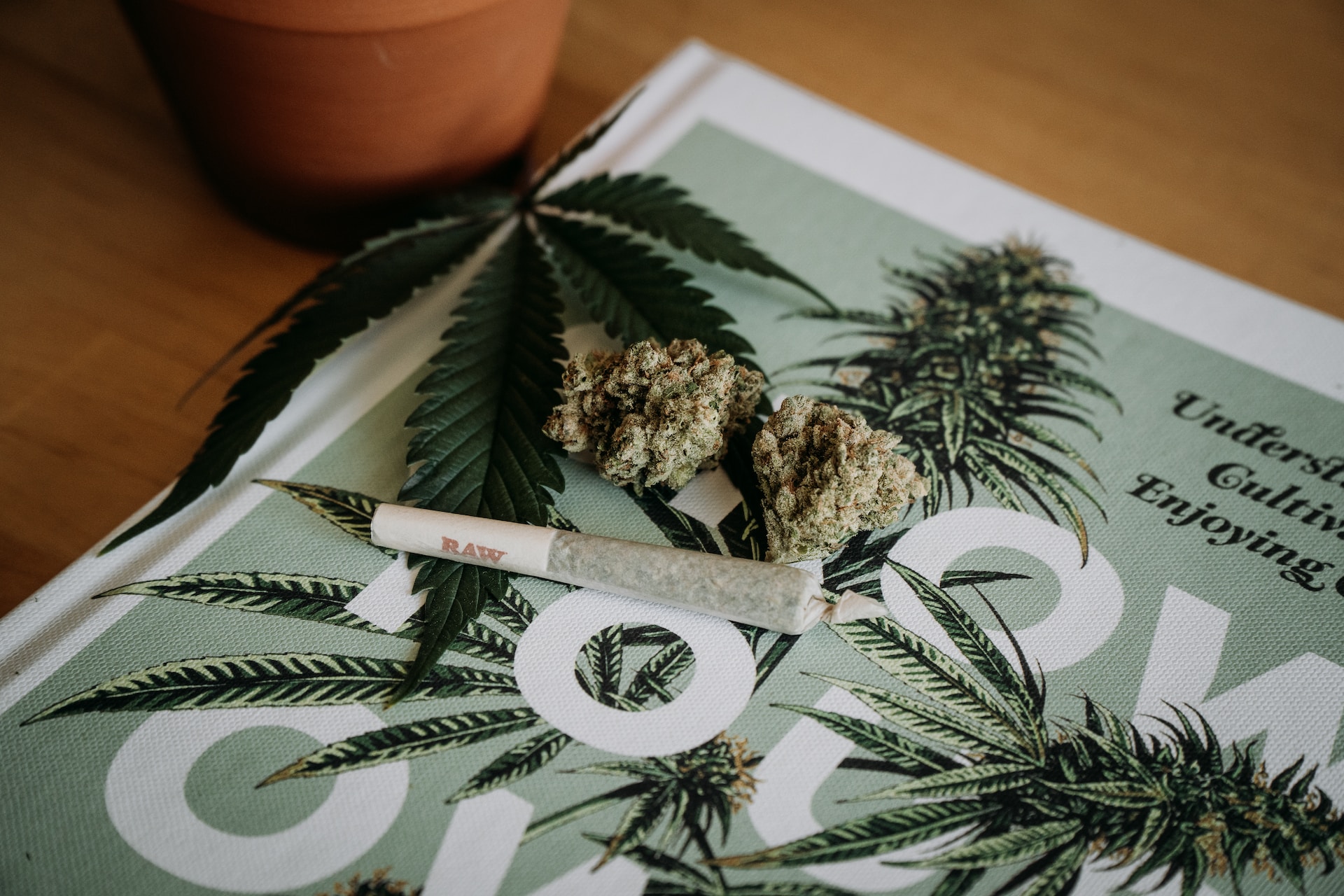
Legalization of medical cannabis in 31 states over the past 22 years has transformed the marijuana industry in the United States, allowing for widespread access. Many people now consider cannabis no different, or even safer than alcohol or tobacco. Another welfare state is embracing cannabis as a therapeutic aid, promoting public awareness of its health benefits. Medicinal cannabis can be grown on site or purchased over the counter with a doctor’s advice in various forms, to be drunk, injected or added to tinctures and foods.
With this change in cultural acceptance, it is important to keep in mind that cannabis has the potential to be addictive and can exacerbate health problems, especially among teenagers and adults. Small vape pens are a popular form of cannabis among the youth due to their convenience and convenience. Drinking milk can lead to more abuse and abuse than smoking. Our research shows that 18 to 30-year-old users are more motivated to use cannabis and show more problematic cannabis use than older and older people.
The two chemical compounds found in the cannabis plant are tetrahydrocannabinol (THC) and cannabidiol (CBD), both of which affect the natural cannabinoid system in the brain and body. Unlike THC, CBD does not cause intoxication or impotence and has a low risk of abuse. New scientific evidence suggests that THC and CBD can be used to treat certain physical conditions. Similarly, individuals are increasingly using cannabis to manage psychological issues such as stress, depression, anxiety, insomnia, depression, attention deficit hyperactivity disorder, and psychosis.
However, studies consistently show that cannabis is not a suitable treatment for depression. While CBD can help with psychosis, social anxiety, and sleep, THC is known to worsen psychosis, increase anxiety, and disrupt sleep habits, especially if the person relying on cannabis for sleep. Trauma survivors and veterans with PTSD, who use cannabis to cope with anxiety, nightmares, and insomnia, may become addicted to cannabis and avoid dealing with their problems.
Although some researchers promote cannabis as a harmless alternative to opioids in the treatment of chronic pain, Canadian doctors advocate against medicinal cannabis for all conditions except chronic pain. power when all other options are exhausted. Although some patients say that cannabis is more effective than psychiatric drugs, it should not be considered as the first treatment for mental health problems due to the risk of abuse and misuse of drugs. If psychotherapy and medication fail, small doses of cannabis will be considered in consultation with your doctor, based on symptoms and history. As CBD is believed to neutralize the negative effects of THC, medical cannabis patients should consider consuming CBD-rich cannabis. Clinical results often depend on the cannabis drug and the species, as well as the individual’s neurochemistry.
Due to federal restrictions, cannabis research is still relatively new. The cannabis industry is expanding and its information is beyond the ability of scientists to conduct and disseminate research. Public health initiatives based on the science of cannabis law can combat the misinformation spread by the media and the cannabis community. Evidence-based recommendations for the safe and effective use of medicinal cannabis are very important in the mental health field.